Category: Education
-
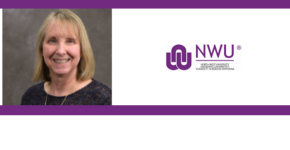
Trudi Jacobson, North-West University – Students Reflect on Their Roles and Responsibilities as Wikipedia Editors
On Wiki Education Week: What responsibilities do authors have on a public forum? Trudi Jacobson, extraordinary professor at North-West University, explores this question. Trudi Jacobson holds the rank of Distinguished Librarian Emerita at the University at Albany. Her career has focused on the intersections of pedagogy and information literacy. She is the co-author or co-editor…
-
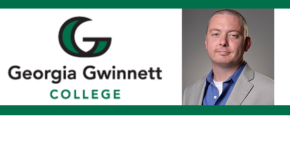
Wes Routon, Georgia Gwinnett University – Dual Enrollment Pays Off
Getting a jumpstart on college courses can pay off for high school students Wes Routon, associate professor of economics and quantitative analysis at Georgia Gwinnett College, discusses the benefits. Dr. Wes Routon is an applied microeconomist with broad research interests, though much of his work falls within education economics, particularly the economics of higher education.…
-
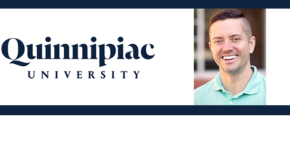
JT Torres, Quinnipiac University – How Conversations Help Us Learn
Not all feedback is created equal. JT Torres, assistant teaching professor of English and Interdisciplinary Studies at Quinnipiac University, explains what works best. JT Torres is director of the Center for Teaching and Learning at Quinnipiac University. With Jill Flanders Crosby, he co-authored the book Situated Narratives and Sacred Dance: Performing the Entangled Histories of…
-

Marshall Jones, Winthrop University – Why Teaching is Harder Than You Think
The pandemic has made certain jobs even harder. Marshall Jones, professor and graduate program director in learning design and technology at Winthrop University, explores one occupation that was already difficult. Dr. Marshall G. Jones is a scholar and teacher with nearly 30 years of experience in preparing teachers in K-12 schools, higher education, and other…
-
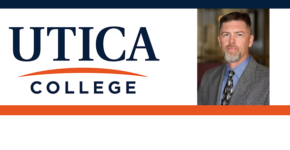
Timothy Abraham, Utica College – Brain-Based Teaching to Improve Student Learning
There are different ways to teach students in higher ed, but which is best? Tim Abraham, assistant professor of physical education, exercise and wellness studies at Utica College, examines different approaches. Tim Abraham is an Assistant Professor of Physical Education, Exercise and Wellness Studies at Utica College. He earned his bachelor’s degree in Kinesiology from…
-
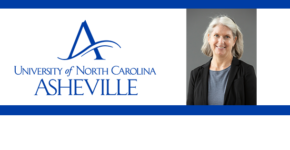
Leah Greden Mathews, University of North Carolina Asheville – Springsteen-omics: Understanding Economics Through the Songs of the Boss
On University of North Carolina Asheville Week: What can Bruce Springsteen teach is about economics? Leah Greden Mathews, professor and chair of economics, listens in to find out. As an applied environmental economist, Dr. Mathews’ research focuses on estimating the value of those things you can’t buy on grocery store shelves like water quality, scenic…
-
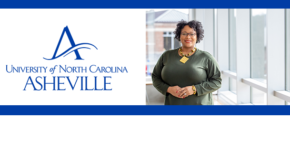
Tiece Ruffin, University of North Carolina Asheville – Radical Enactment of Equity for Educational Justice
On University of North Carolina Asheville Week: How do disrupt the education gaps that exist in public schools? Tiece Ruffin, professor of Africana Studies and Education, looks into a few ways to do so. Tiece Ruffin received her Ph.D. from Ohio University in Curriculum and Instruction with a specialization in Special Education and cognate in…
-
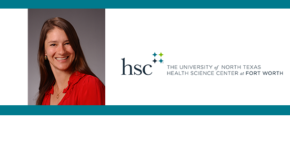
Brandy Schwarz, University of North Texas Health Science Center – Workplace Bullying in Higher Education
Bullying isn’t just for children. Brandy Schwarz, associate professor in the department of physical therapy at the University of North Texas Health Science Center, discusses the effects of workplace bullying in higher education. Dr. Schwarz graduated from the University of Portland in 2004 with a BS in Biology. She completed a clinical Doctorate of Physical Therapy…
-
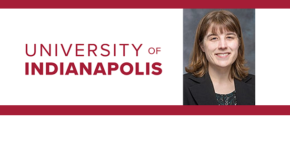
Kathryn Boucher, University of Indianapolis – Faculty’s Key Role in Student Success
Faculty have a large role to play in student success, but not just in the classroom. Kathryn Boucher, associate professor of psychology at the University of Indianapolis, explores how to make students feel included. Kathryn Boucher, PhD is an Associate Professor of Psychology and the Associate Director of the Strain Honors College at the University…
-
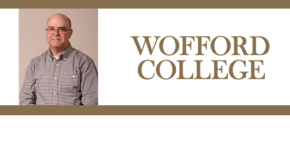
John Lefebvre, Wofford College – Fostering Resilience Among College Students
Leaving people to suffer alone has negative effects. John Lefebvre, professor of psychology at Wofford College, explores how bringing students together to talk, helps them heal. John Lefebvre is a professor of psychology at Wofford College in Spartanburg, South Carolina. Trained as a clinical psychologist, his teaching and research focus on topics related to physical…
